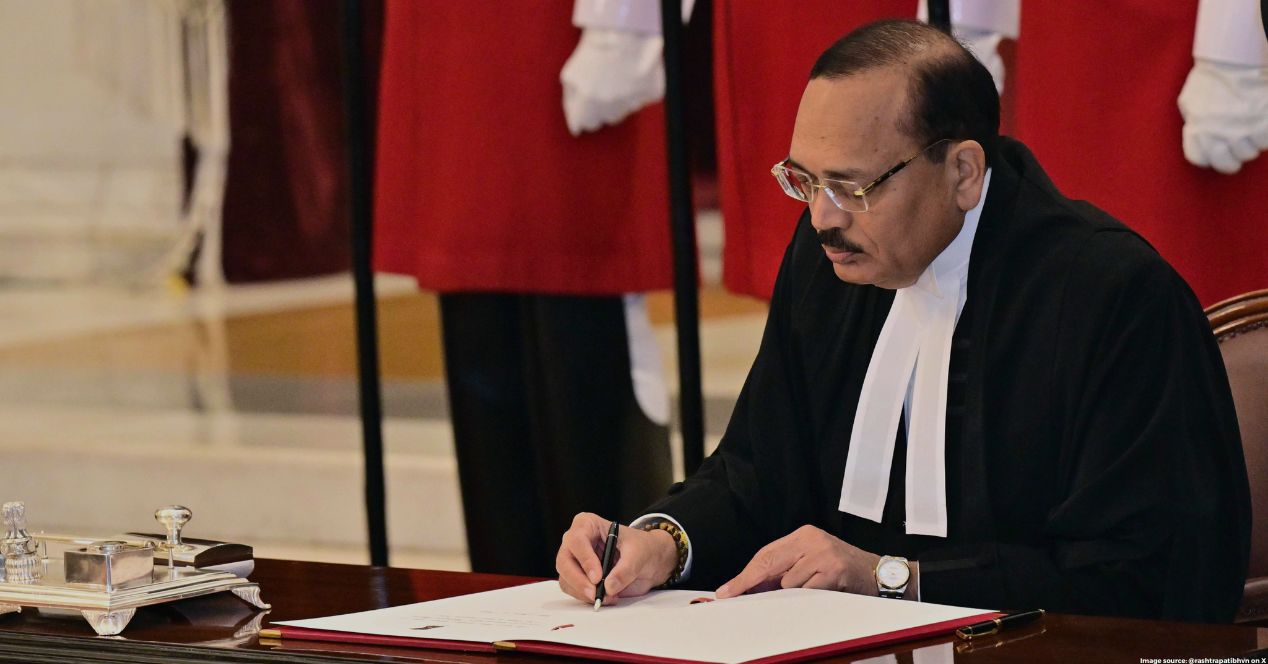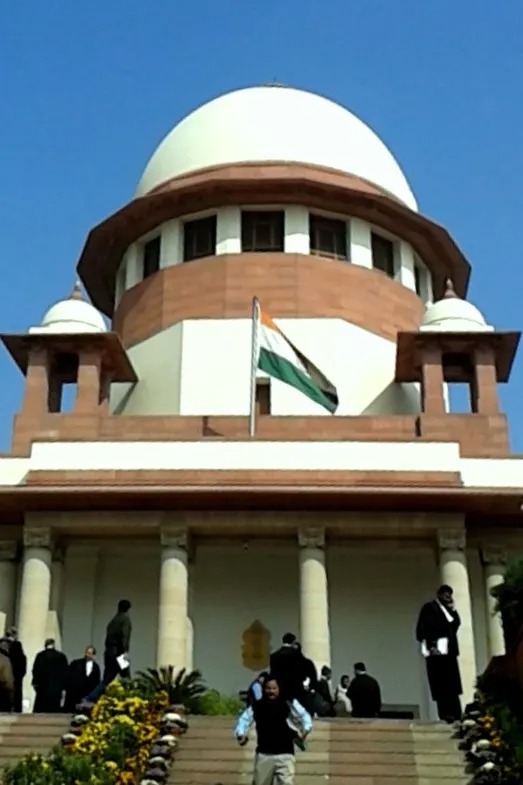Y.R. Meena, J.@mdashIn compliance of our direction u/s 256(2) of the Income Tax Act, 1961, the Tribunal has sent the statement of case and referred the following questions:
1. Whether on the facts and in the circumstances of the case, the finding of the Tribunal that Industrial Service Centre rendered services justifying the payment of commission of Rs. 22,36,555.00 was based on any relevant materials or perverse?
2. Whether on the facts and in the circumstances of the case, the Tribunal was justified in law in holding that the disallowances on the sales commission of Rs. 22,36,555.00 was unjustified?
2. The Assessee Hindusthan Development Corporation Limited is a Public Limited Company and inter alia, it carried on business of manufacture of Calcines Petroleum Coke (hereinafter referred to as ''C.P.C''). In the year under consideration the Assessee has made the payment of commission of Rs. 22,36,555.00 to M/s. Industrial Services Centre (hereinafter referred to as ''I.S.C.''). This commission has been paid on account of sales of Assessee''s product. The sales had taken place at the instance of I.S.C. From records it appears that the firm I.S.C. consists of two partners Smt. Uma Jaipuria and Sri Ramakant Sureka. Both partners were summoned to find out whether any setvice for sale of the Assessee''s product has been rendered by the firm M/s. I.S.C. The statement of Sri Ramakand Sureka are recorded as well as of S.K. Jaipuria who is husband of Smt. Uma Jaipuria. In his statement Sri Jaipuria accepts that the major sale of Assessee''s products was through M/s. I.S.C. There was an agreement between the Assessee and M/s. I.S.C. for sale of Assessee''s products and in pursuance of that agreement the firm M/s. I.S.C. has rendered the services and commission has been paid by cheque and Sri Jaipuria was looking after the business of the firm as husband of Smt. Uma Jaipuria.
3. After taking into account the statement of Sri Ramakant Sureka and Sri S.K. Jaipuria and also the materials placed before him, Income Tax Officer was of the view that no service has been rendered and the payment of Rs. 22,36,585.00 paid to M/s. I.S.C. was not for the purpose of Assessee''s business. Therefore, he disallowed the said amount of commission and added in the income of the Assessee.
4. In appeal before C.I.T. (Appeals), the Assessee has submitted the details of service and commission paid to M/s. I.S.C. by the Assessee and also brought to the notice of C.I.T. (Appeals) that Income Tax Officer has not even supplied copy of the statement of Sri Ramakant Sureka and Sri S.K. Jaipuria, which was recorded at the back of the Assessee. Even, no opportunity had been granted to Assessee to cross-examine Sri Sureka and Sri S.K. Jaipuria.
5. On the request of the Assessee the copies of the statements of Sri Sureka and Sri Jaipuria were supplied. The details of service rendered by M/s. I.S.C. to increase the sale of product of the assess, details of month wise payment made by the Assessee were furnished.
6. Considering those details the claim of the Assessee was allowed. The matter was then taken before the Tribunal and the Tribunal has also affirmed the view taken by C.I.T. (Appear). The Tribunal found that the agreement was genuine, service has been rendered by M/s. I.S.C. and even the sale has been increased after the agreement. The sale in fact, increased from 12560 (M/T) to 20989 (M/T).
7. Thereafter, the Department filed application u/s 256(1) for a reference of the question proposed and that application has been rejected by the Tribunal on the ground that question proposed is a question based on finding of fact.
8. In compliance of our direction in application u/s 256(2) of the Income Tax Act, the statement of case has been sent and referred the aforesaid questions for our opinion.
9. Heard learned Counsels for the parties. Genuineness of the agreement has not been disputed that Assessee and M/s. I.S.C. agreed that the sales will be through M/s. I.S.C. and the Commission on sales on a particular rate will be paid by the Assessee. All payments are made by the account-payee cheque. Statements of partners of M/s. I.S.C. were recorded at the back of the Assessee. No opportunity was given to the Assessee to cross-examine them, not even copies of those statements were supplied to the Assessee at the time of assessment and those statements were used against the Assessee. Not only that, even in the statements which were recorded at the back of the Assessee. Sri Sureka being a partner of the firm of M/s. I.S.C. and Sri Jaipuria being the husband of another partner of the firm had admitted that there was an agreement between the Assessee and M/s. I.S.C. for sale of product of the Assessee on commission basis. The commission has been paid as per the agreement through account-payee cheque. When I.T.O. had not allowed to submit copies of the evidences which were relevant to find out whether M/s. I.S.C. has rendered any service, those very evidence, thereafter, were submitted in appeal before the C.I.T. (Appeals). Those were considered and it was found as a matter of fact that services were rendered and commission has been paid for the services rendered by M/s. I.S.C.
10. Whether any service has been rendered by M/s. I.S.C. basically it is a question of fact. A query was put by the Bench to the learned Counsel for the Department as to what type of evidence in such cases is required. No satisfactory answer has been given. In cases of sale promotion even sales can be procured on telephone if the purchaser is persuaded by the Agent. Not only that, there is a concurrent finding of the C.I.T. (Appeals) as well as of the Tribunal, that service has been rendered by M/s. I.S.C. and commission has been paid for that service. Merely, if some satisfactory answer has not been given by either of the partners of M/s. I.S.C. to the I.T.O. That does not mean that no services are rendered or to disbelieve the genuineness of the agreement for services or sales, as well as of the payment. Even payment has not been denied. Therefore, in such cases, it cannot be said that the finding of fact is perverse. When the finding of fact regarding rendering of service is not perverse. Then how the payment of commission can be disallowed, thus, no interference is called for in the order of Tribunal.
11. In the result, question No. 1 referred to us, we answer in the affirmative, i.e., that finding is based on material on record and so far as whether the finding is perverse. We answer the same in the negative, i.e., the first part in favour of Assessee and against the Revenue and the second part is in favour of the Assessee and against the Revenue. Question No. 2 is a consequential question and we answer that in the light of answer of the question No. 1.
Bhaskar Bhattacharya, J.
12. I agree.

